The avocado industry in Tanzania is still developing but volumes are increasing each year. Grower and exporter Afrocado is growing avocados on 150 hectares as well as sourcing from other growers.
"We have been exporting 2/3 containers per week from Tanzania, but we have orders for up to 7 containers per week from April onwards," said Bernard Mafuleka, Director of Afrocado. "We grow our own Hass avocados and also source from other growers to supplement the volumes."
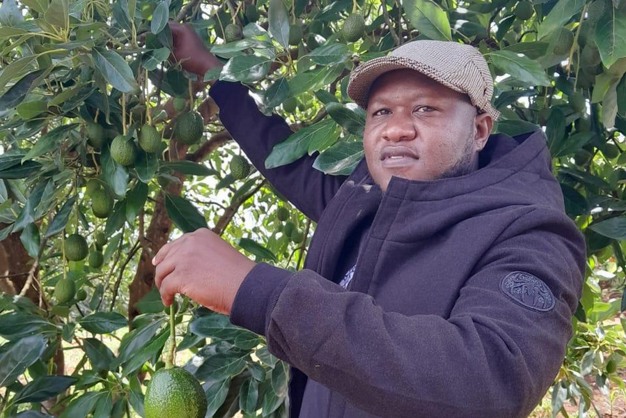
The company also has production in Kenya, Rwanda and Burundi to achieve a year-round supply, Bernard said they have started a farm in at Malawi which so far doesn't have any commercial avocado farms.
The main Tanzanian export season is from January to May and some regions start again from September.
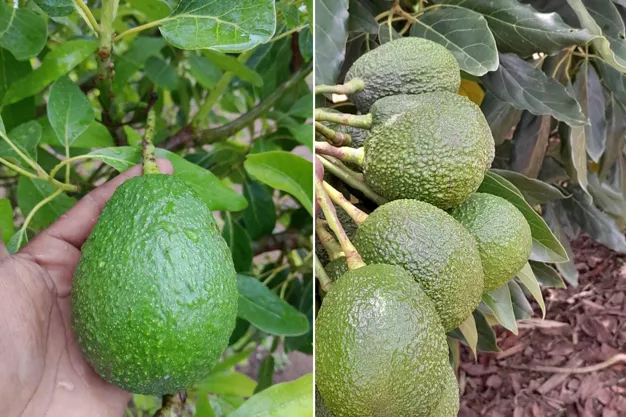
"The growing conditions have been reasonable so far in Tanzania, the rains have been delayed so it has not been ideal. We expect volumes to be up around 10% on last year, this is mainly due to maturing trees."
Growing and harvesting avocados is labour intensive, but Bernard said this is positive as there is plenty of labour available and it gives them a chance to give back to local communities by providing employment.
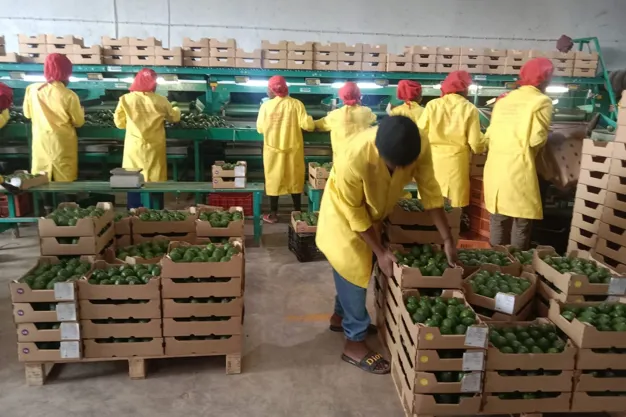
"There are not many challenges in growing avocados in Tanzania, but it is still a developing industry and farmers are just waking up to the potential. One issue is the infrastructure such as transport and roads but we are learning and improving things as we go and these problems can overcome by good planning. At first there were problems with sourcing trucks with CA, but people have seen the potential and have invested in this, but there is still room for more. I'd say we are about 5 years behind Kenya at the moment."
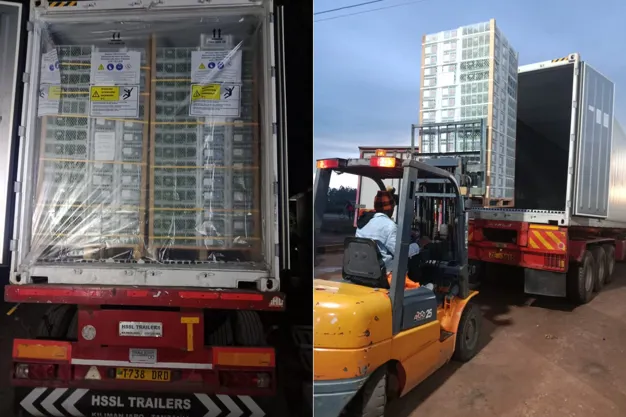
Some of the avocados are airfreighted but most are shipped by sea, they are driven to the port of Mombasa in Kenya and then shipped to market.
"We have customers in Europe but since the issues in the Red Sea it not been feasible to send avocados there as we would have to divert around the Cape of Good Hope adding extra time to the journey. We are instead concentrating on the Indian market where we have agreements in place, here we have an advantage over Kenya who do not have agreements to export there. We have had interest from China and Hong Kong and will send a trial shipment to China in a few weeks' time."
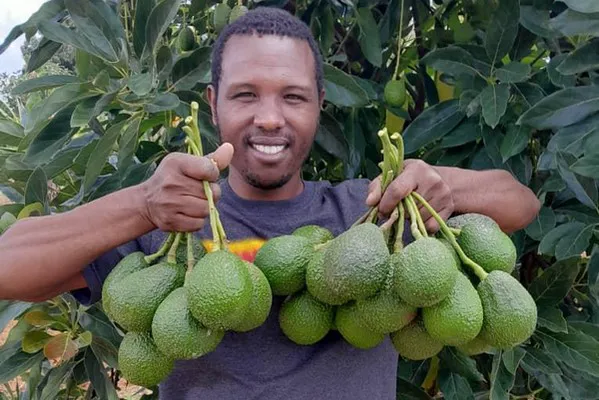
Afrocado have plans to develop their own brand in the future but at the moment send unbranded fruit to their customers.
For more information:
Bernard Mafuleka
Afrocado
bernard@afrocado.co.uk
